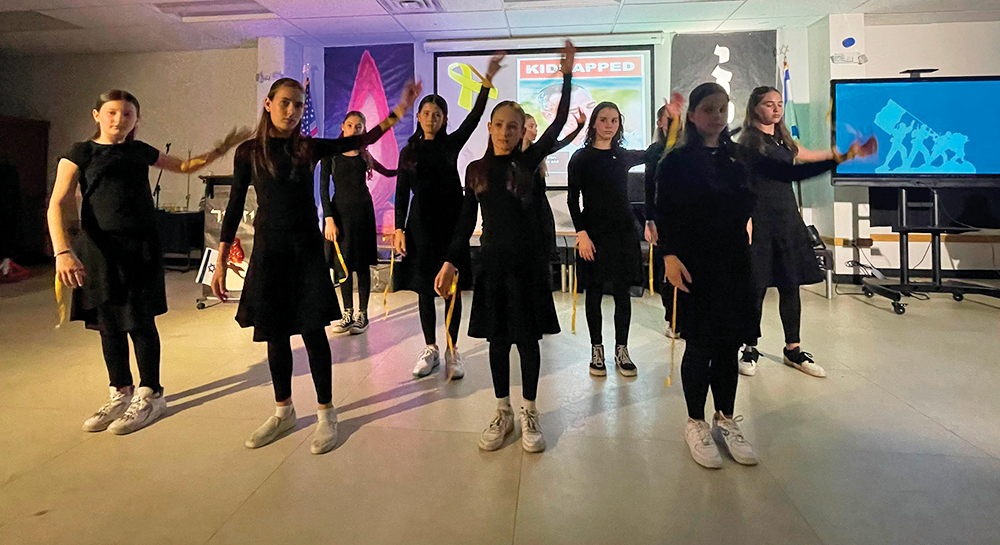Shabbat HaGadol, Parshat Tzav
In the seven plus years that I have had the privilege of sharing different views, new thoughts and, hopefully, enlightening ideas about the weekly haftarot, I have often been amazed how we read the very same words every year and still discover a new, fresh approach each time we review the text. Indeed, often, when I sit down to prepare these weekly articles, I wonder what additional concepts could be found in the very same words upon which I’ve commented in years past.
And every year, I am surprised to discover how our holy texts are suffused with divine messages for every generation.
This special haftarah for the Shabbat before Chag HaPesach (or, biblically, “Chag HaMatzot”) presents, at first glance, a difficulty that we have mentioned before. Many of its pesukim dwell upon the shortcomings and the sinful behavior of the nation. As the Navi Malachi—the latest of all the prophets—was addressing the second generations of returnees from the Babylonian exile—an impoverished community who numbered far less that the population of Judea before the galut—families of the minority of Jews who chose to leave Bavel and return to their homeland … Given all of this, why should the Navi speak harsh words to this struggling and committed public?
But, this would be our reaction only if we fail to follow the haftarah reading carefully. In reality, the Hashem’s message to this community is not simply one of criticism and condemnation. Rather, it is an answer to the small minority who see the success of the wicked and the non-believers. The success of the evil-doers had caused some to claim that it was futile to serve God! (volume 14). In response, Hashem offers them a comforting prophecy of the future blessings that would be granted to them—blessings that end with the promise of the arrival of Eliyahu HaNavi, who would harbinger the arrival of Mashiach.
HaRav Solveitchik points to the very opening of the haftarah to deepen our understanding of God’s message to that generation. “V’arvah laShem minchat Yehuda vi’Yerushalayim …”—the very first verse teaches that, in the future, the sacrifices offered in Bayit Sheni would be as pleasing as those offered years earlier, during the first Beit Hamikdash. The rav reminds us that part of the frustration of the returning generation was that this “new” Temple paled in comparison to the magnificence of Bayit Rishon—and so did their condition in comparison to their past history. The returnees saw that the land they once controlled had not been completely restored, that the bulk of the nation remained in the Diaspora, that the Davidic dynasty had not been reinstated—and there was no Aron Kodesh or Urim V’Tumim. It is no wonder that we read in sefer Ezra how those who remembered Bayit Rishon saw the new Beit Hamikdash and they wept! (Ezra 3: 12-13).
And so, God promises that the service that would be observed in the second Beit Hamikdash would be as pleasing to Him as were the sacrifices of old. Furthermore, the Navi continues to promise a future that would be more than equal than the past—it would be when “the sun of mercy will rise with healing on its wings,” (volume 20).
Hashem’s promise of a future redemption that would be greater than that of the past is the perfect message for the Shabbat preceding Chag HaGeulah, our holiday of redemption. We too, on the Seder night, open our doors hoping to see the arrival of Eliyahu HaNavi!
Rabbi Neil Winkler is the rabbi emeritus of the Young Israel of Fort Lee, and now lives in Israel.













